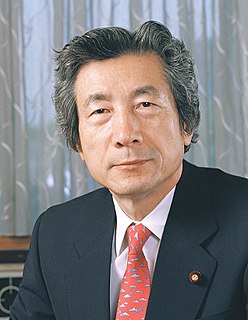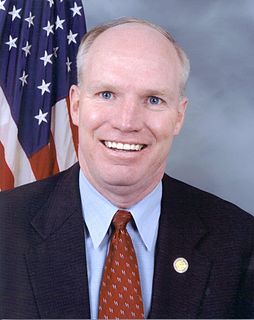A Quote by Vinod Khosla
For electric power generation, we are very optimistic about solar-thermal technology, and we’re intrigued by the potential of enhanced geothermal energy to replace coal-based power generation. Traditional carbon capture and sequestration-based coal power generation is somewhat unlikely to be competitive.
Related Quotes
When experts say nuclear power generation is safe and doesn't cost much and this is the only way to go if we want to stop relying on coal, well, we believe them. But they've been lying to us for years. And the point is, we've never really known anything about nuclear power generation. We had little interest in it before 3/11, and we certainly had no idea how difficult it is to control nuclear energy.
Nuclear power generation has been given a thrust by the use of uranium-based fuel which US is set to supply to India if the deal comes through. However, there would be a requirement for ten-fold increase in nuclear power generation even to attain a reasonable degree of energy self-sufficiency for our country.
The transition from coal, oil, and gas to wind, solar, and geothermal energy is well under way. In the old economy, energy was produced by burning something - oil, coal, or natural gas - leading to the carbon emissions that have come to define our economy. The new energy economy harnesses the energy in wind, the energy coming from the sun, and heat from within the earth itself.


































